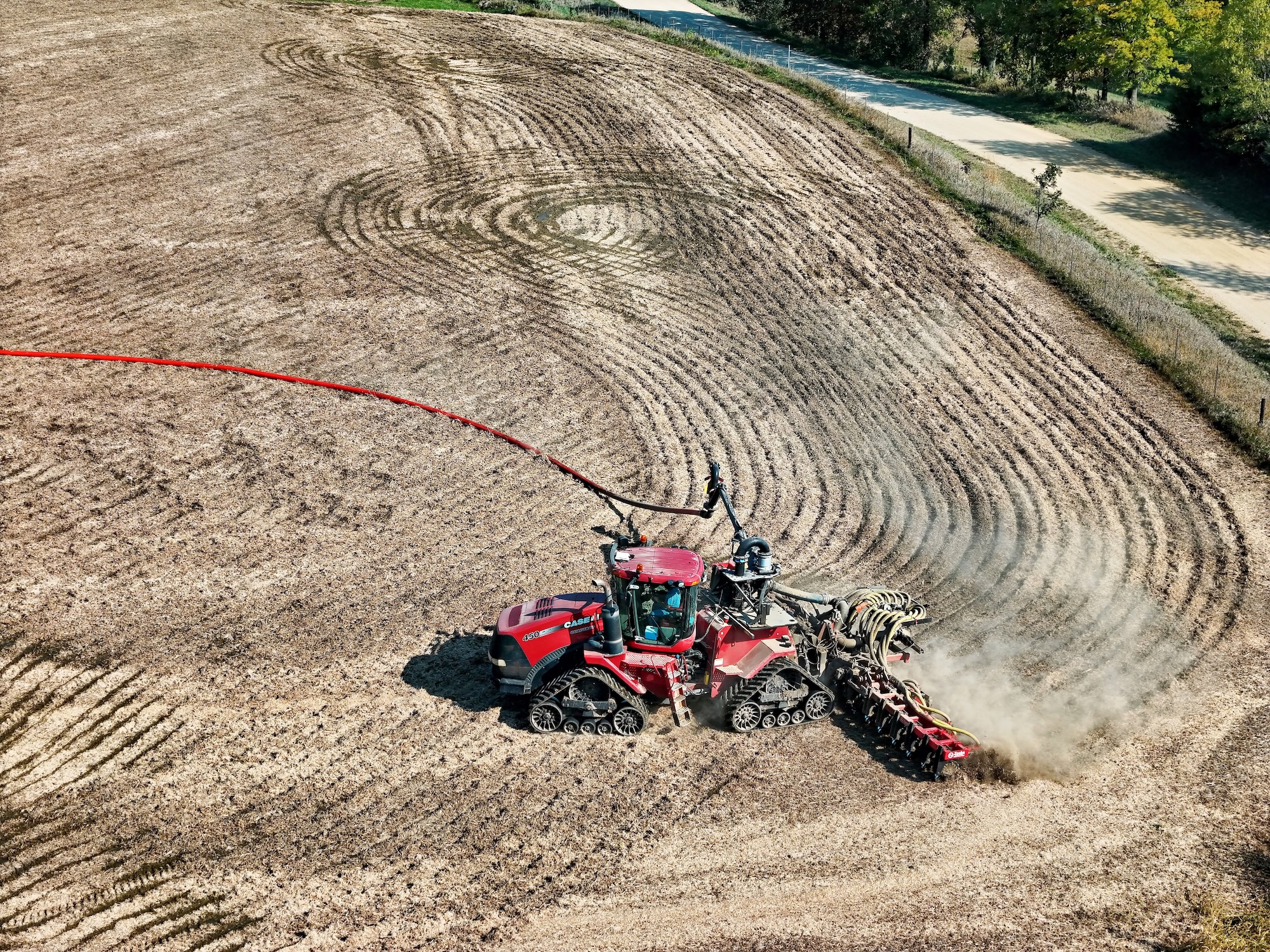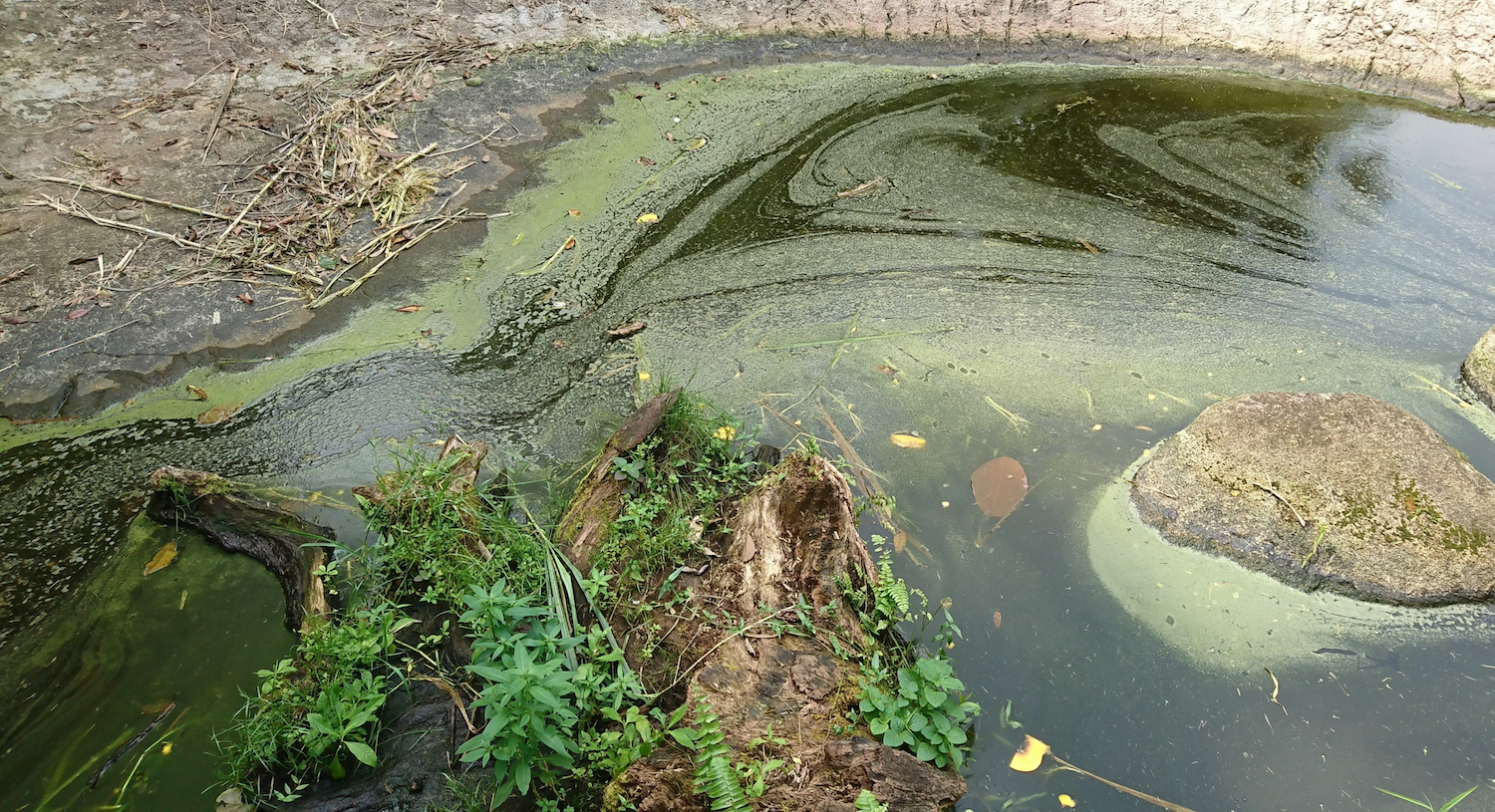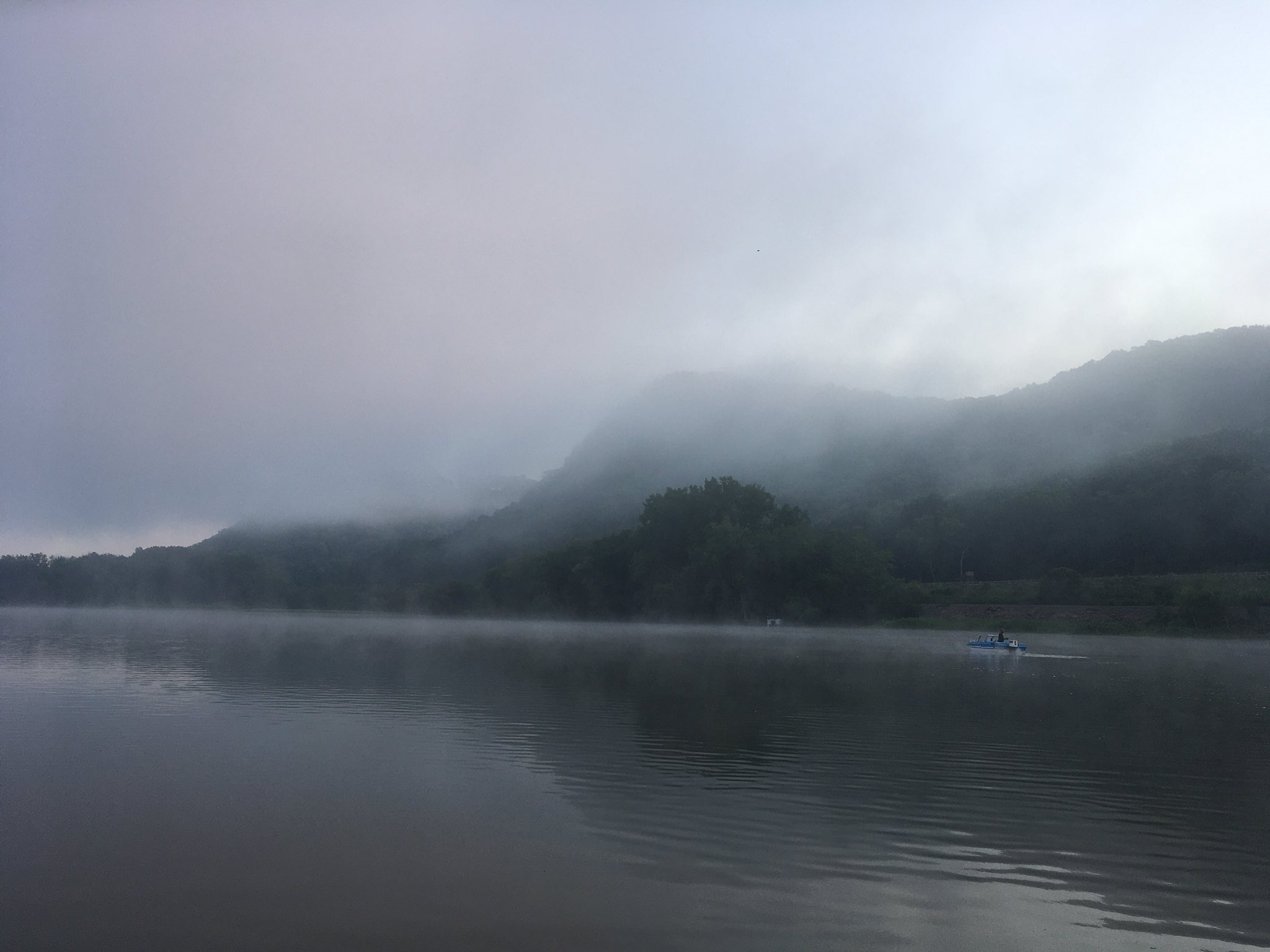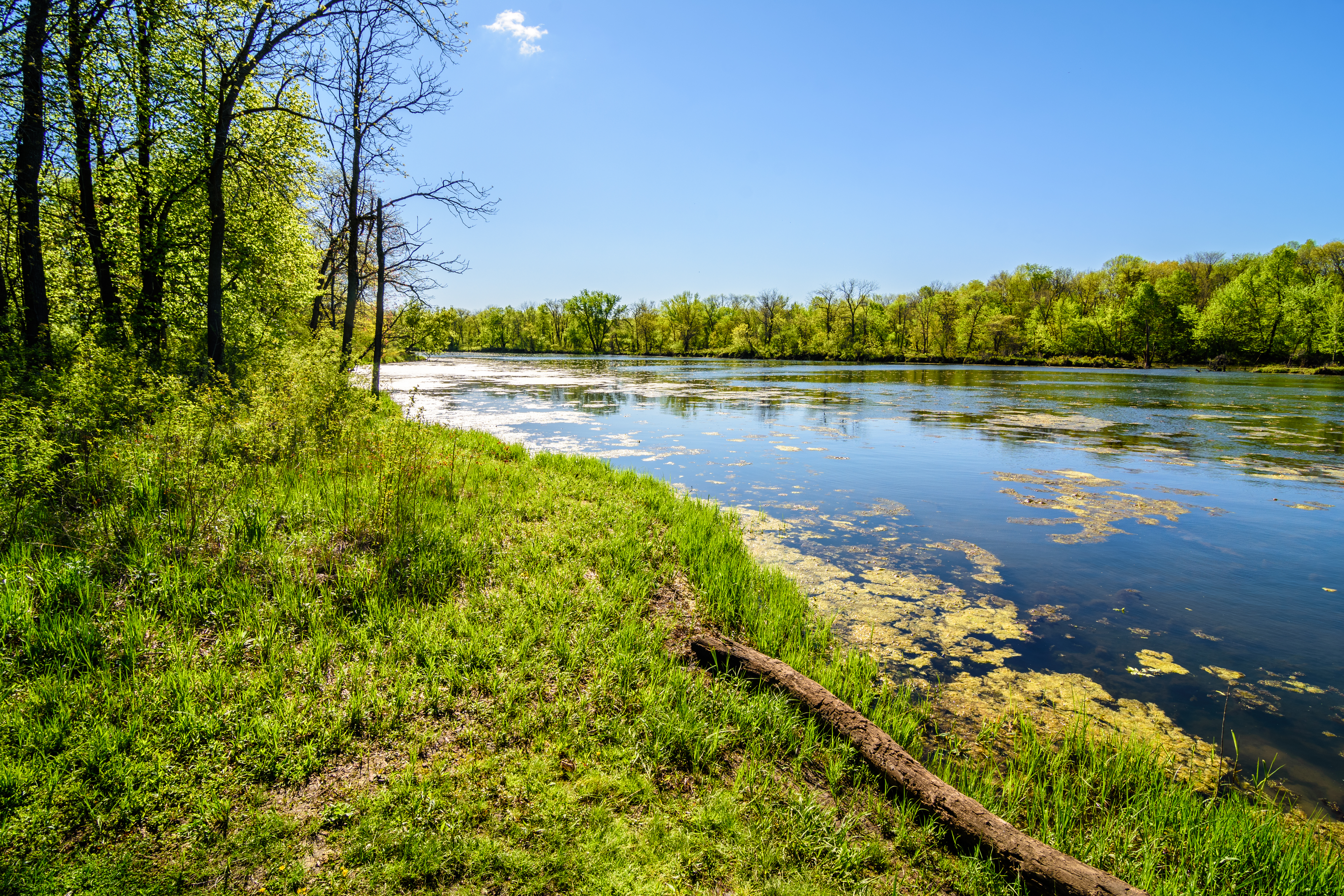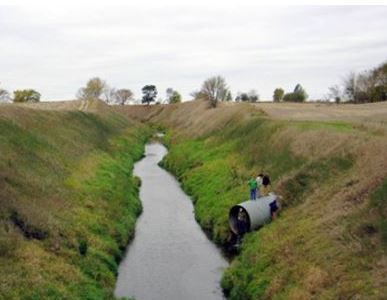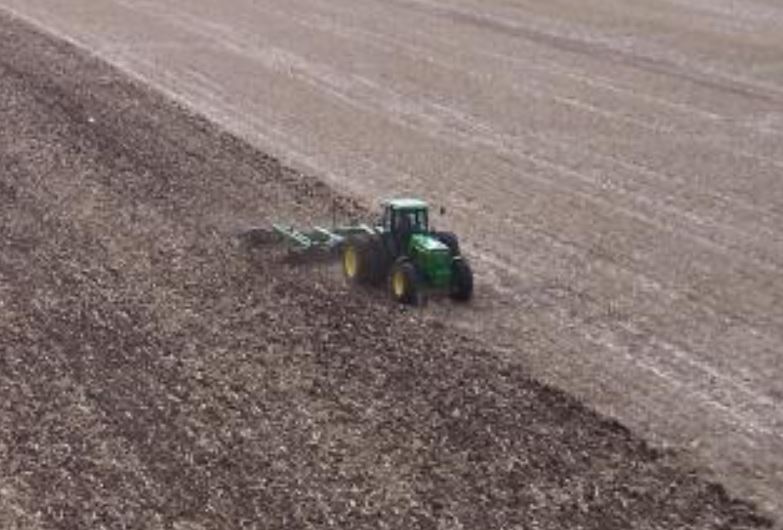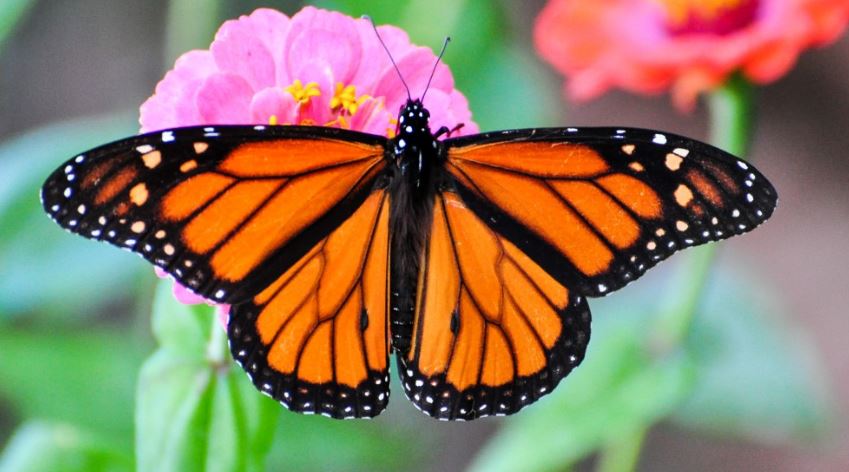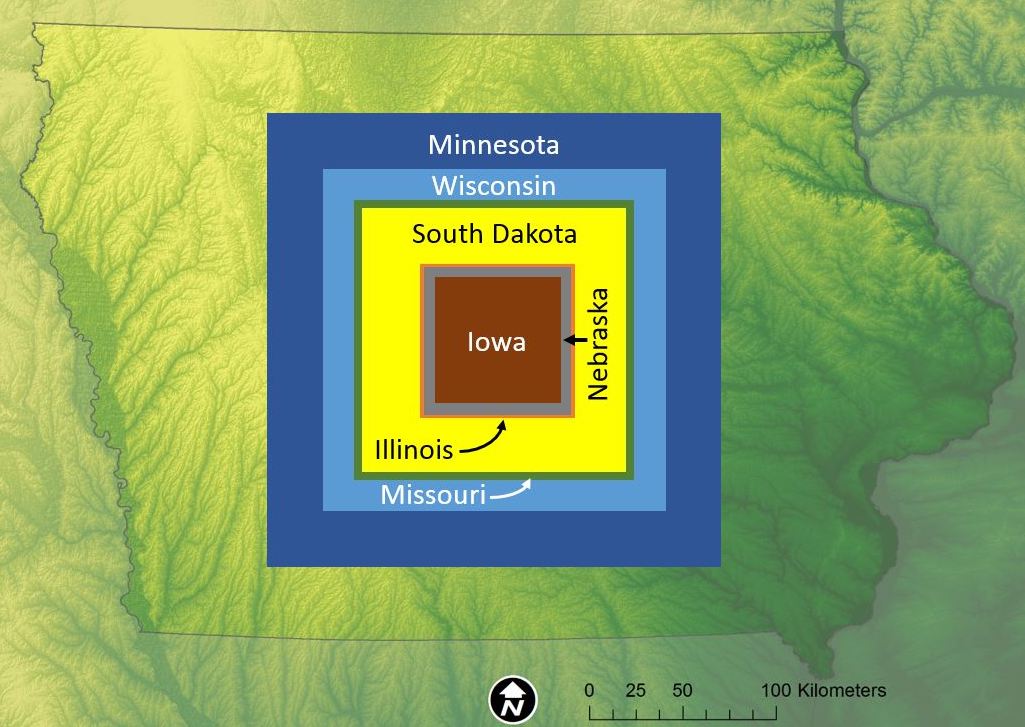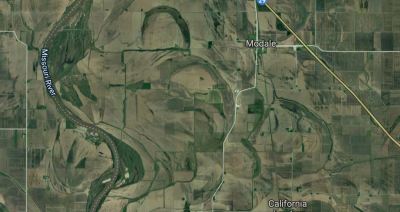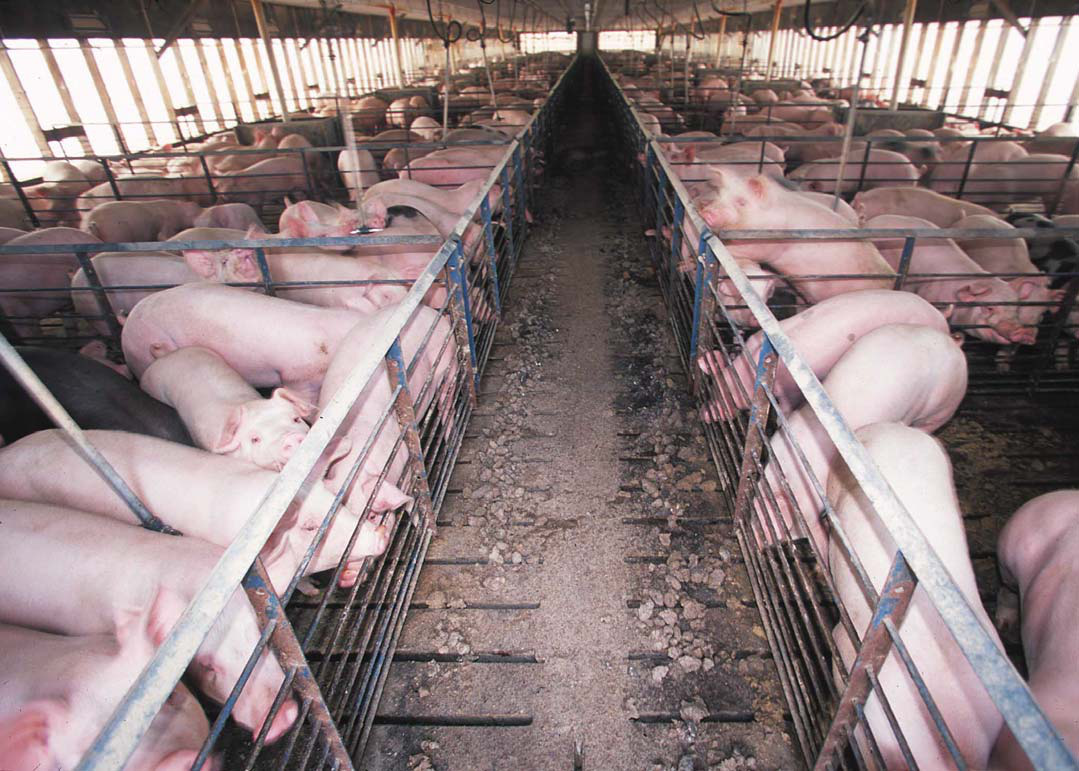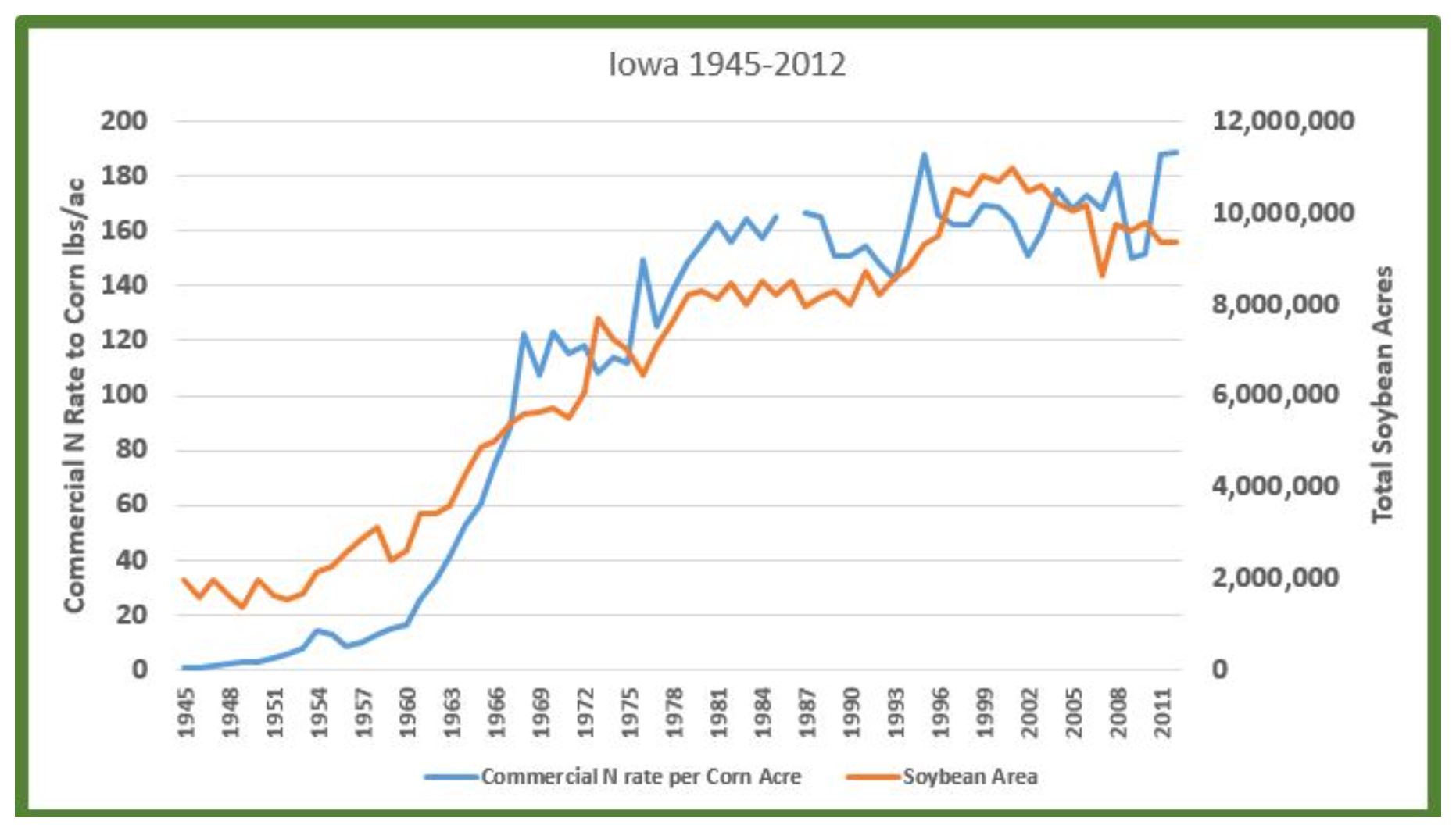Chris Jones is a fisherman who lives in Iowa City. He writes the Substack newsletter The Swine Republic, where this post first appeared.
Secretary of Agriculture is one of seven executive offices Iowans see on their off-year voting ballot. The Iowa legislature created both the office and the Department of Agriculture (now IDALS) in 1923.
It may seem curious that we have a statewide election for the administrator of a department that employs less than 2 percent of the state government workforce and represents a private industry that is only Iowa’s third-biggest and one with a declining share of the state’s Gross Domestic Product. All sorts of economic sectors are bigger than agriculture; for example, health care now nearly doubles Ag’s GDP in Iowa.
But we have to remember that in 1923, almost 40 percent of Iowa’s population lived on farms. It’s well below 10 percent in the present day, when only 67,000 people in Iowa list farming as their primary source of income (2 percent of Iowa) and many farmers don’t even live on the farm. GMO has made crop farming so easy that some Iowa farmers also farm in Kansas and the Dakotas and probably other states as well.
A person could wonder why we all don’t vote for a Secretary of Teachers, or a Secretary of Bartenders or Hairdressers or Truck-drivers.
Continue Reading...
